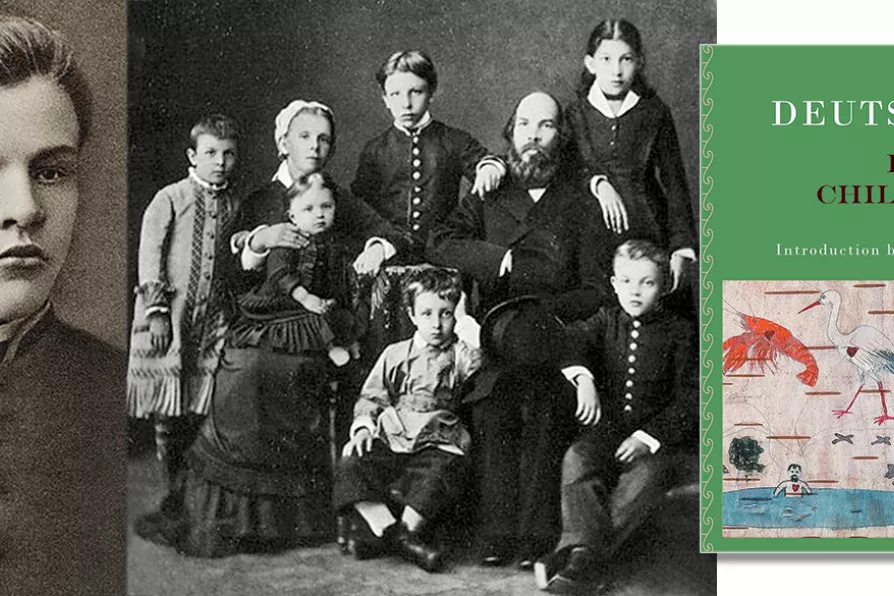SIMON PARSONS is charmed by a hilarious tender show that will open the eyes to the delights and possibilities of puppetry
The formative years of a revolutionary
STEVE ANDREW relishes a history of Lenin’s childhood and adolescence that gives a useful insight his personality

 (L to R) Vladimir Ulyanov in his gymnasium years, this photograph was attached to a petition for admission to Kazan University dated July 29 1887; The Ulyanov family, Maria Alexandrovna, Ilya Nikolaevich and their children in 1879 (Aleksandr standing in the middle, Vladimir sitting to the right).
[(L to R) BR Bick / Alexander Bulla /CC]
(L to R) Vladimir Ulyanov in his gymnasium years, this photograph was attached to a petition for admission to Kazan University dated July 29 1887; The Ulyanov family, Maria Alexandrovna, Ilya Nikolaevich and their children in 1879 (Aleksandr standing in the middle, Vladimir sitting to the right).
[(L to R) BR Bick / Alexander Bulla /CC]
Lenin’s childhood
Isaac Deutscher
Verso, £10.99
POLISH Marxist Isaac Deutscher is best known for having penned monumental biographies of Bolshevik leaders Joseph Stalin and Leon Trotsky, the latter running into some three huge volumes.
Whether or not the reader may agree with the perspectives contained therein, no-one could ever doubt Deutscher’s majestic writing style and his lifelong ability for research that was both meticulous and groundbreaking.
Similar stories

RON JACOBS recommends a painstaking study of the communists and revolutionaries who congregated in Moscow after 1917

NICK WRIGHT delicately unpicks the eloquent writings on art of an intellectual pessimist who wears his Marxism lightly

JON BALDWIN introduces a new translation of Karl Marx’s masterwork that is readable, relatable and refreshed

CARLOS MARTINEZ welcomes the publication of the writings of the great Palestinian author, political theorist and spokesman for the PFLP










